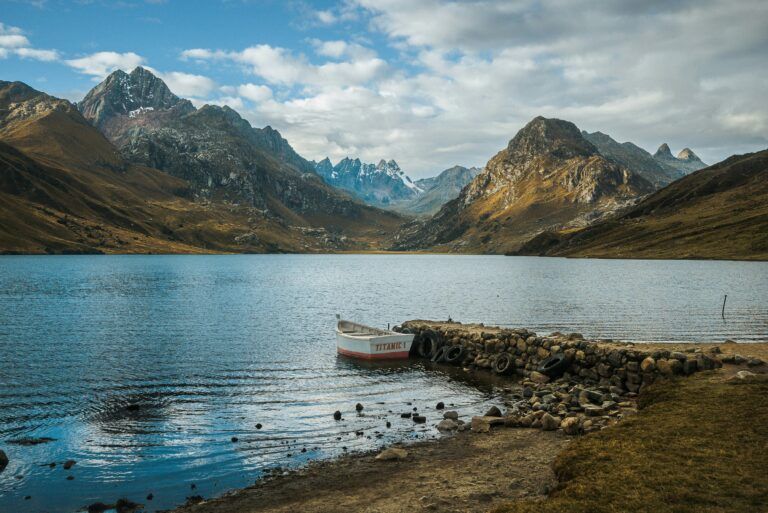(Brussels, May 28, 2025) – In a landmark ruling advancing efforts to hold major polluters accountable for transnational climate-related harms, on May 28 a German court concluded that a corporation can be held liable under civil law for its proportional contribution to global climate change, Climate Rights International said today.
Filed in 2015, the case against German energy giant RWE AG challenged the corporation to pay for its proportional share of adaptation costs needed to protect the Andean city of Huaraz, Peru, from a flood from a glacial lake exacerbated by global warming. RWE AG, one of Europe’s largest emitters, is estimated to be responsible for approximately 0.47% of global historical global greenhouse gas emissions.
“This groundbreaking ruling confirms that corporate emitters can no longer hide behind borders, politics, or scale to escape responsibility,” said Lotte Leicht, Advocacy Director at Climate Rights International. “The court’s message is clear: major carbon polluters can be held legally responsible for their role in driving the climate crisis and the resulting human rights and economic harms. If the reasoning of this decision is adopted by other courts, it could lay the foundation for ending the era of impunity for fossil fuel giants and other big greenhouse gas emitters.”
The case was brought by Saúl Luciano Lliuya, a mountain guide and farmer from Huaraz, whose home lies downstream from Lake Palcacocha. Represented by German lawyer Roda Verheyen, a pioneer in climate litigation, Saúl argued that RWE AG’s emissions significantly contributed to the flood risk threatening his community and that the company should be held accountable for its fair share of the necessary protective measures. The Court dismissed Lliuya’s individual claim on the grounds that the flood risk to his property was not high enough for the case to proceed. However, in its ruling, the Court:
- Affirmed that RWE AG’s emissions interfere with the rights and property of people in other countries, and that German civil liability law applies to such climate-related harms.
- Rejected arguments that emissions are too diffuse, that only political solutions are appropriate, or that regulatory compliance absolves private legal accountability.
- Accepted the use of attribution science, which links corporate emissions to global climate impacts.
- Applied the German Civil Code’s “neighborhood clause” (§1004 BGB) to cross-border climate harms, finding that polluters can be held responsible for the effects of their emissions on property rights—even across continents.
- Rejected the notion that victims must wait for political action, affirming the judiciary’s responsibility to uphold the rights of those already facing climate threats.
The legal reasoning adopted by the judges sets an important precedent for other climate accountability lawsuits in Europe and around the world and underscores that past and present GHG emissions carry legal consequences.
The decision marks the first time a high court in Europe has recognized the potential civil liability of a company for its contribution to the climate crisis. In doing so, it signals a new era in the fight for climate justice, corporate accountability, and the protection of the rights, lives, and livelihoods of present and future generations in the face of escalating climate breakdown, said Climate Rights International.
“Today, we pay tribute to Saúl Luciano Lliuya and Roda Verheyen for their remarkable courage and tenacity over the last ten years,” said Leicht. “They stood up against a huge company that is one of Europe’s biggest climate polluters, but armed with law science and the truth. Even though the court didn’t award damages in this case, they may have transformed the landscape of climate litigation worldwide forever.”







